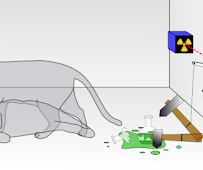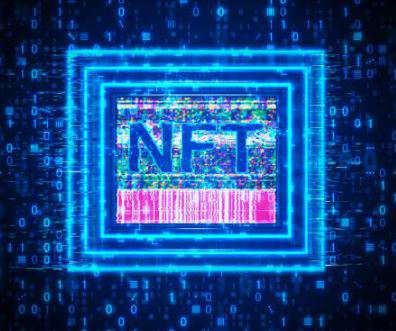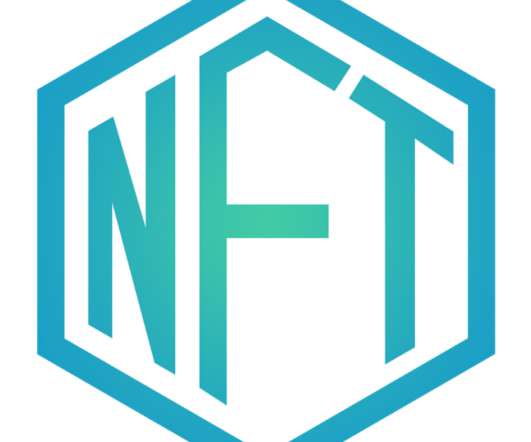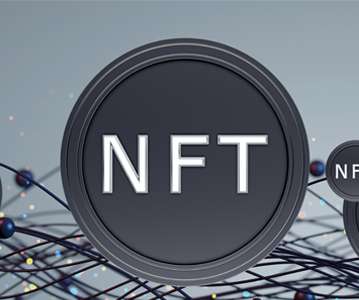How NFTs Work In Gaming: A Developer’s Perspective
Traverse Legal Blog
AUGUST 15, 2022
The first known NFT was minted in 2014 and since then has seen rapid growth. An NFT or “non-fungible token” is a digital asset that links ownership to unique digital items. Non-fungible tokens have been designed to give you ownership of something that cannot be replicated or copied.













Let's personalize your content